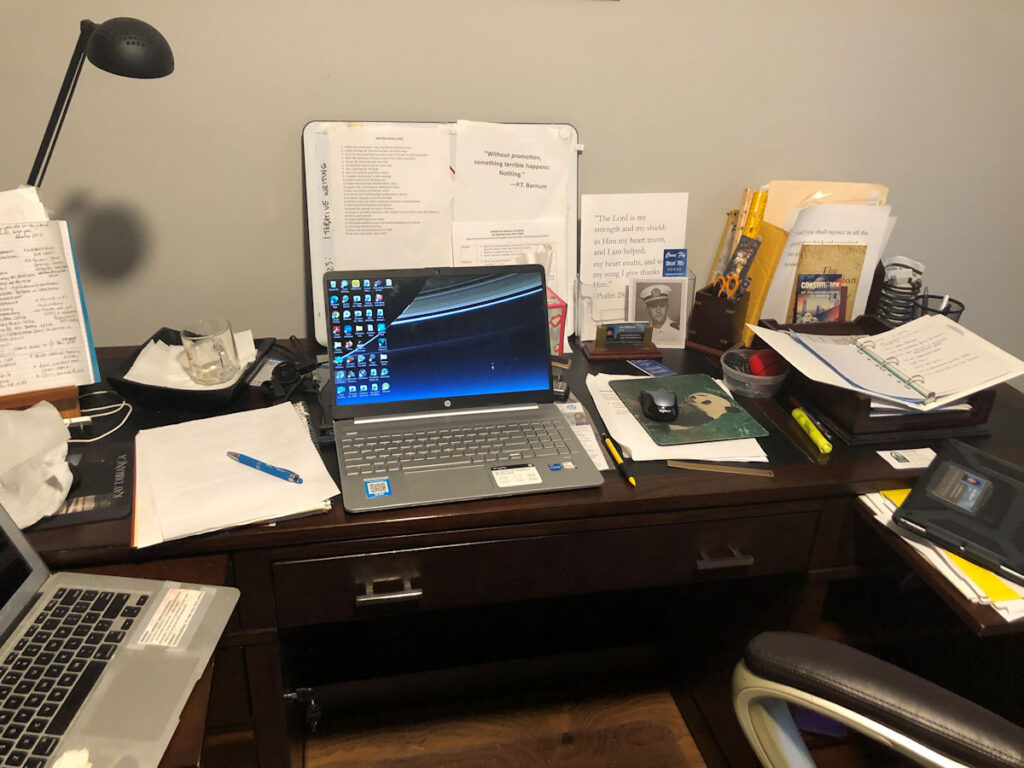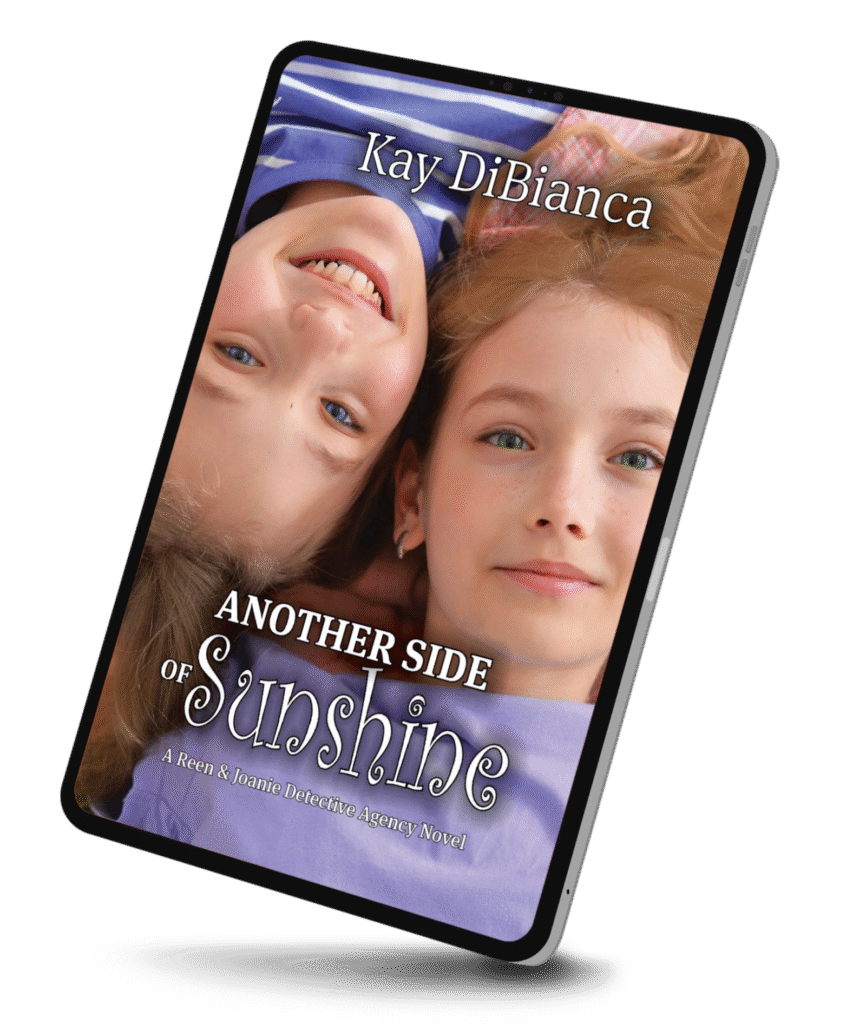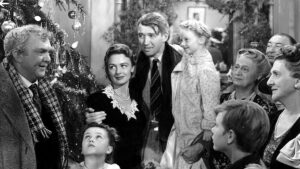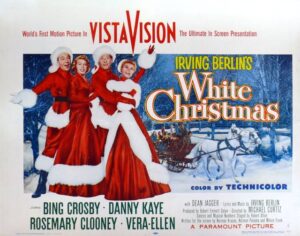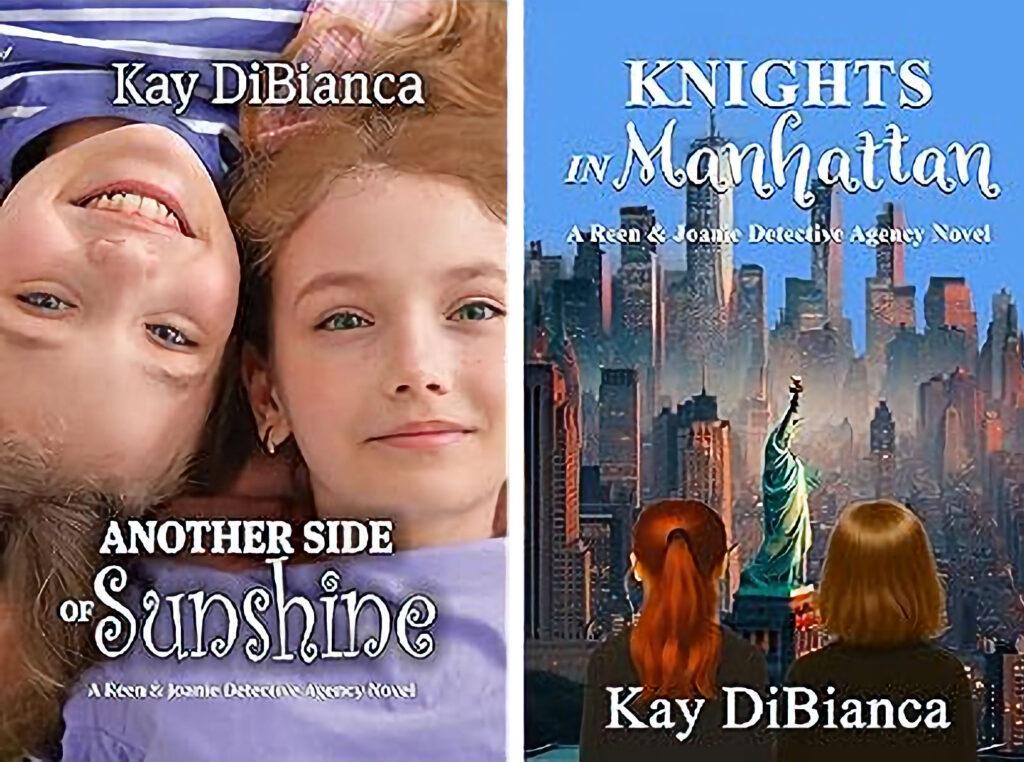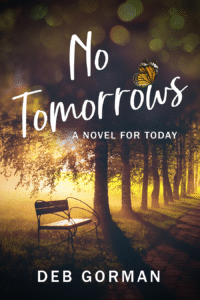 Regardless of your views on Playboy magazine or its brand, Hugh Hefner was a trailblazer, an inspirational creator who wasn’t afraid of shattering societal norms. Writers can learn a lot from him.
Regardless of your views on Playboy magazine or its brand, Hugh Hefner was a trailblazer, an inspirational creator who wasn’t afraid of shattering societal norms. Writers can learn a lot from him.
Hefner didn’t only compete with existing magazines like Esquire or GQ — he created a new market by combining intellectual, serious journalism with adult entertainment. He created the magazine he wanted to read.
Lesson: Rather than follow trends, bring your vision to life. Write the book you want to read.
Despite being known for nude photographs, Playboy was a major platform for literary giants like Ray Bradbury, Kurt Vonnegut, and Margaret Atwood.
Lesson: Quality writing attracts a loyal, discerning audience. It also elevates the book, series, and your entire portfolio of publications.
Hefner was the audience for his own magazine. As a “child of popular culture,” he lived his brand (the robe, the mansion, the Playboy bunnies and playmates), making his persona integral to his success.
Lesson: When the writer is the brand, it builds deep audience connection and loyalty.
Hefner leveraged Playboy to fight censorship, obscenity laws, segregation, and many other injustices. During the times of segregation, Hefner invited Aretha Franklin, Sammy Davis, Jr., Ray Charles, Miles Davis, and Stevie Wonder to perform at his Playboy Club. One stipulation: Walk through the front door like everyone else. Most business owners made Black entertainers enter through the kitchen or back exit.
The mere mention of mixing races became such a controversy, the South threatened to ban Playboy from all newsstands if Hefner followed through with his plan. Nearly 80% of sales came from southern regions at that time, but the aforementioned entertainers were also Hefner’s close friends. Which put him in an impossible position.
Do you put profits above friendship? Most business owners did. As someone who opposed segregation and other injustices of the times, Hefner could not. So, he ignored the threat. Once he made the decision to stand up to “The Man,” he doubled down and invited all entertainers, regardless of skin color, to enjoy the club before and after their performances — for the first time, Whites and Blacks socialized in public.
The South followed through with the ban, costing Hefner a hefty loss in revenue. Didn’t matter. He stood firm in his beliefs. Segregation was a barbaric act, and Hefner refused to fall in line.
This is just one example of a creator trusting in themselves enough to bet others felt the same.
Lesson: Stay true to your beliefs and values, even if they’re not the popular opinion. Please don’t misread that advice. I am not suggesting you should commit career suicide by screaming on social media about hot-button issues. Let readers learn who you are through the style, theme(s), voice, and tone of your books. No one needs or wants to be slammed over the head with your personal opinions.
Behind the partying playboy image, Hefner was a relentless workaholic who often slept at his office. Later, he moved his workspace into his bedroom, often working from his oversized circular, rotating bed.
Lesson: Success in competitive media requires dedication, a strong work ethic, and a never-say-die spirit.
Hefner often cited his restrictive, “Midwestern Puritan” upbringing as the catalyst for his liberating and revolutionary content. Though men enjoyed the visual stimulation, they also enjoyed the articles. Probably still do.
Lesson: Use your background and life experience — negative and positive — as fuel for your unique, compelling, emotion-infused writing.
Hugh Hefner scratched and crawled his way to the top.
He fought for free speech.
He fought for free choice.
He fought haters, religious groups, and feminists, who all vowed to take him down.
He fought the State of Illinois and the courts.
Hefner trusted his vision for a better, more inclusive and less sexually repressed tomorrow.
Through the years, he started multiple companies — all built around the Playboy brand.
Lesson: When people trust a brand, they’ll follow its creator anywhere if the new company or product delivers the same quality and standards. Readers fall in love with a writer’s voice and style. Stay true to your brand and you can write whatever you want, without the need for an alias. Step outside your brand, and you may encounter difficulties.
For example, a cozy mystery writer probably shouldn’t venture into smut and expect their audience to stick around. Some may stay. Most will not. Why? Because the writer veered too far off-brand.
Could a thriller author write narrative nonfiction or memoir? Absolutely. Could they sell a children’s series to their existing audience? Sure, if it aligns with their brand.
Allow me to use myself as the example. My environmental thrillers focus on wildlife conservation (Oh, how I love to kill poachers! 😉 ). The children’s book series I’m working on has the same focus, only geared toward young conservationists of the future — the children or grandchildren of my existing audience.
I’ve also written psychological thrillers/serial killer thrillers, mystery, and true crime. By the time I ventured into environmental thrillers (aka eco-thrillers), the new genre didn’t surprise my readers. No matter how grisly some of storylines are, my love of animals shines through my work. All the pets are fully fleshed characters that readers adore. The genre switch (in the middle of the series, no less) still delivers the type of books readers expect from me.
Staying true to audience expectations is also how Hefner expanded his brand worldwide.
Write the book you want to read.
Write the book that’ll resonate with your target audience.
Be genuine.
Dig deep into your well of emotional truth and touch lives.
Build, and keep building, a brand you’re proud of.
Be the Hugh Hefner of your generation.


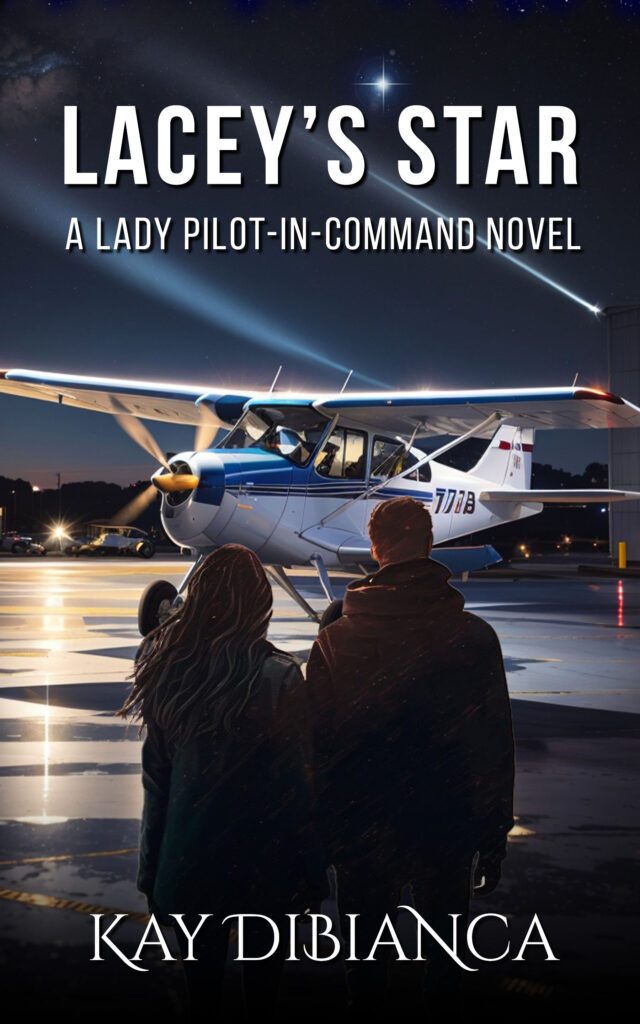
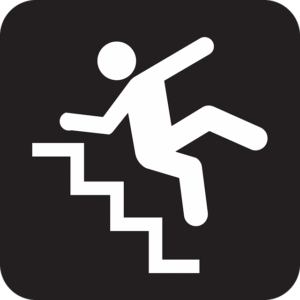 True confession time. I have a horrible nervous habit — reaction? — when someone falls. I’ve struggled with it my entire life, but try as I might, I can’t change my behavior. Believe me, I’ve tried.
True confession time. I have a horrible nervous habit — reaction? — when someone falls. I’ve struggled with it my entire life, but try as I might, I can’t change my behavior. Believe me, I’ve tried.

